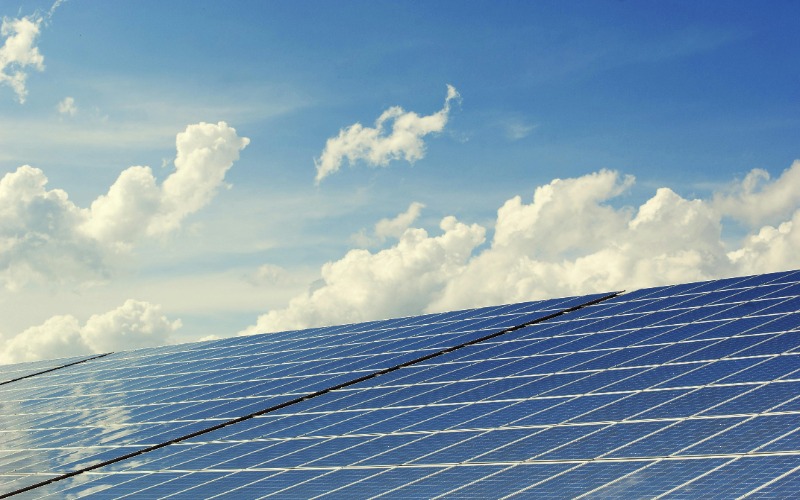When people think of solar energy, they often imagine it thriving under a blazing sun, assuming that cloudy weather renders solar panels ineffective. However, solar panels can indeed work on cloudy days, albeit at a reduced efficiency.
This common misconception has prevented many potential users from considering solar power in areas with variable weather. In reality, solar technology has advanced significantly, allowing solar panels to generate electricity under a range of conditions, making them viable even in cloudy climates. Understanding this versatility can broaden the appeal of solar power and support its wider adoption across diverse regions.
How Solar Panels Work With Indirect Light
The principle behind solar panels lies in their photovoltaic cells, which convert sunlight into electricity by capturing various wavelengths of light energy. Contrary to popular belief, these cells don’t just absorb direct sunlight. According to the U.S. Department of Energy, photovoltaic cells are capable of generating power from indirect, or diffused, sunlight as well. Diffuse light occurs when sunlight is scattered by atmospheric particles, like clouds or fog, creating a softer yet usable light source.
Although output can decrease to 10-25% of full capacity on particularly overcast days, solar systems are still productive. For instance, Germany, one of the world’s leading countries in solar energy, has a predominantly cloudy climate. This fact underscores that consistent, direct sunlight is not a strict necessity for solar energy production. Instead, efficient solar power generation depends more on the quality and installation of solar panels and their adaptability to varied conditions.
Why Cloudy Days Aren’t a Dealbreaker for Solar
One study from the National Renewable Energy Laboratory (NREL) found that solar installations in regions with high cloud cover can still perform at about 60-70% of their optimal output annually.
In some cases, cloudy conditions can even have a minor benefit: reduced temperatures. Solar cells can lose efficiency at higher temperatures, so cooler, cloudy days may result in a more stable, albeit reduced, output. Additionally, specific solar panel models, such as monocrystalline panels, tend to perform better in low-light conditions compared to polycrystalline panels. This efficiency variation gives potential users more flexibility when choosing the best panel for their region.
The Regional Perspective: Cloudy Places Where Solar Thrives
Areas such as the Pacific Northwest in the United States and parts of northern Europe experience regular cloud cover but have embraced solar power through careful planning and reliable technology. Seattle, Washington, for example, has embraced solar energy as part of its renewable energy efforts, despite being a city known for its overcast days. In the UK, cloudy days are the norm, but solar energy adoption has grown steadily. According to Solar Energy UK, solar panels in the country can still produce about 60% of their typical output on cloudy days.
Addressing Misconceptions and Increasing Awareness
The idea that solar panels are ineffective in non-sunny climates is largely due to outdated perceptions of solar technology. Older solar systems indeed face challenges with cloudy weather, but modern solar panels have improved tremendously in converting low-light energy. Public awareness of these advancements remains low, and debunking these myths can be instrumental in driving solar adoption across diverse regions.











